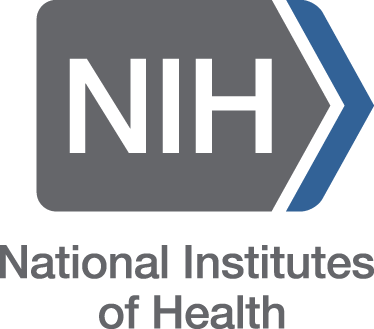 Emerging biopharmaceutical company, Parion Sciences, announced earlier this week that several universities have just been awarded a 5-year grant worth an estimated $15.6 million from the National Institutes of health (NIH). The two universities will be utilizing the company’s pipeline mucolytic agents in pulmonary research initiatives and the launch of Investigational New Drug (IND) applications for Parion, which are in line with its commitment to discovering and advancing solutions for respiratory and ocular immunodeficiency.
Emerging biopharmaceutical company, Parion Sciences, announced earlier this week that several universities have just been awarded a 5-year grant worth an estimated $15.6 million from the National Institutes of health (NIH). The two universities will be utilizing the company’s pipeline mucolytic agents in pulmonary research initiatives and the launch of Investigational New Drug (IND) applications for Parion, which are in line with its commitment to discovering and advancing solutions for respiratory and ocular immunodeficiency.
The initial allocation of the NIH funding is awarded under the Centers for Advanced Diagnostics and Experimental Therapeutics in Lung Disease (CADET) grant worth $1.46 million, which amounts to $7.7 million in 5 years, and goes to the University of North Carolina, Chapel Hill (UNC-CH). They will be conducting pre-clinical studies on Parion’s mucolytic products when applied in chronic obstructive pulmonary disease (COPD) and cystic fibrosis (CF).
[adrotate group=”3″]
The University of Colorado, Denver (UCD) is the recipient of a second CADET grant worth $1.52 million, which can amount to as much as $7.9 million over 5 years, for research on idiopathic pulmonary fibrosis (IPF). These grants are subject to review for renewal after the first 2 years of funding to ensure the quality and efficiency of research projects.
“As a science driven company, it is gratifying to partner with such premier academic institutions like UNC and UCD to successfully secure the competitive NIH Awards,” said Paul Boucher, President of Parion Sciences. “The NIH support and the combined expertise of the collaborations boost our innovative mucolytic program as we advance through the pre-clinical stages.”
At present, the company is focused on research and development of groundbreaking mucolytic products. These products are particularly beneficial for COPD, CF and IPF patients as these conditions cause a significant, debilitating decline in lung function and clearance. Patients with these disorders are more prone to potentially life-threatening opportunistic respiratory infections because of the favorable medium for pathogenic proliferation stuck in their airways. These funded IND studies, if successful, may help hasten the FDA approval process for these novel treatments and contribute to their sooner market availability.
For more information on Parion Science’s mucolytic agents, visit http://www.parion.com/.

